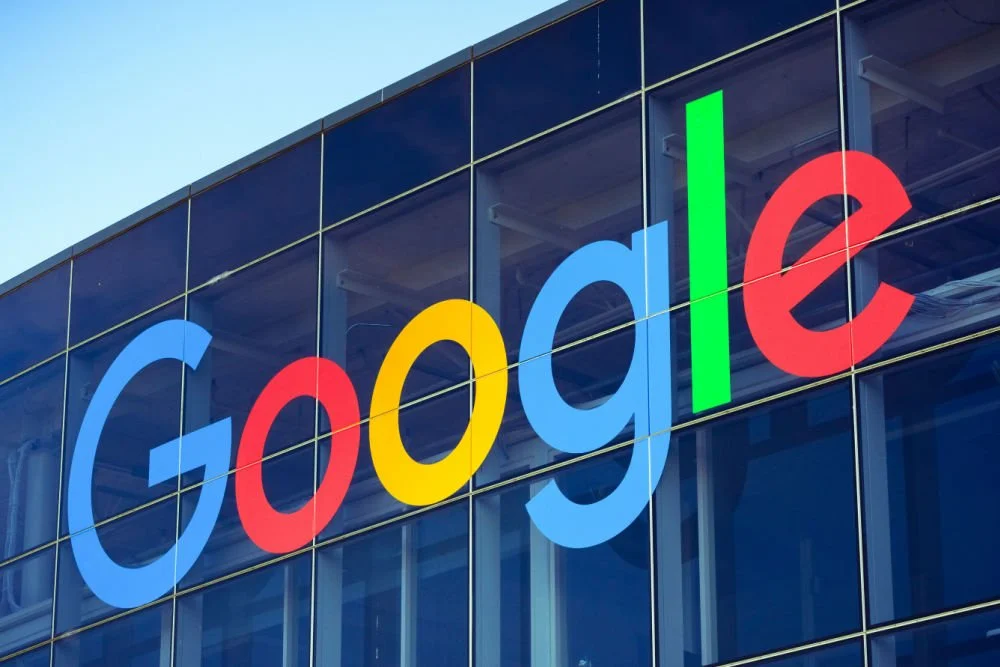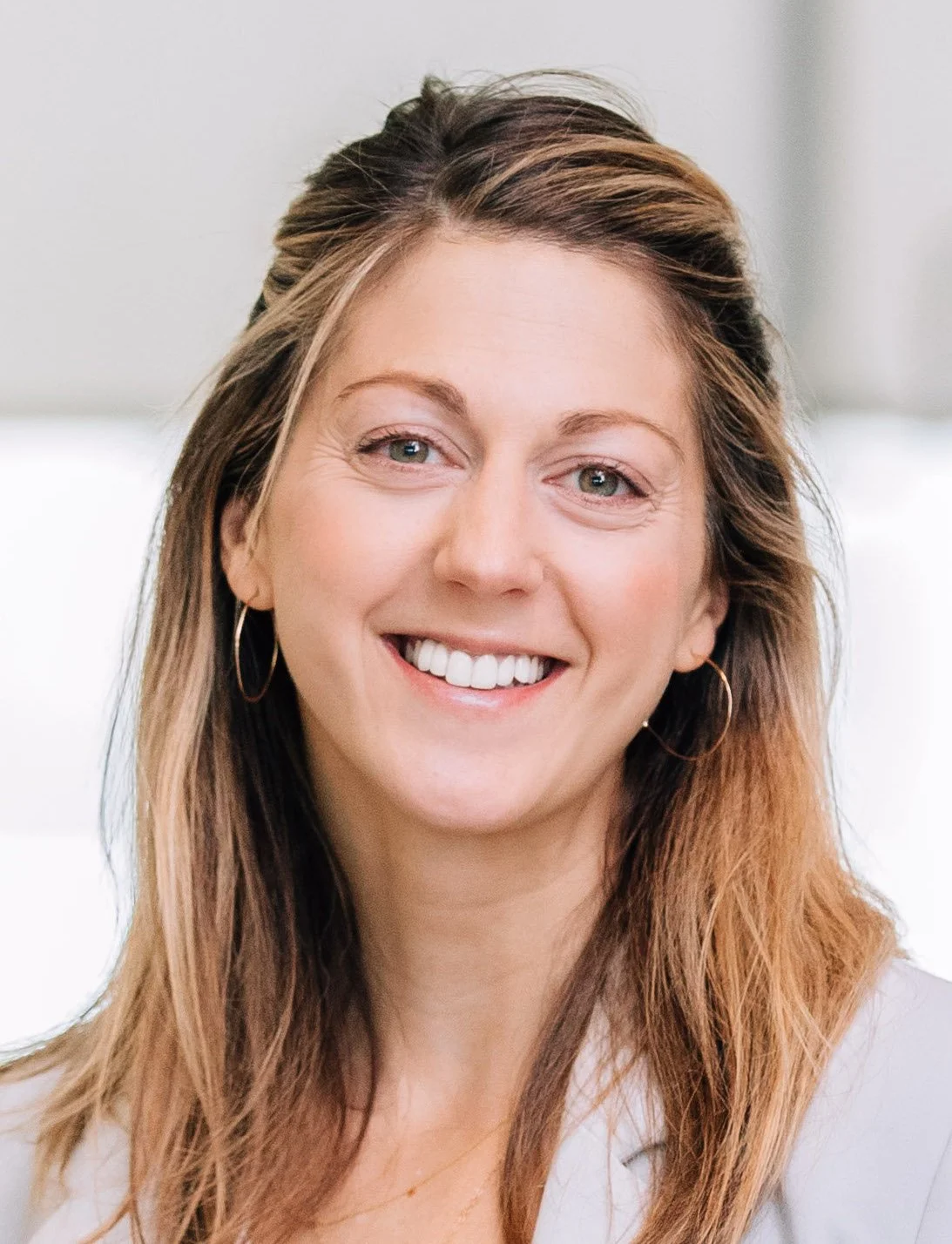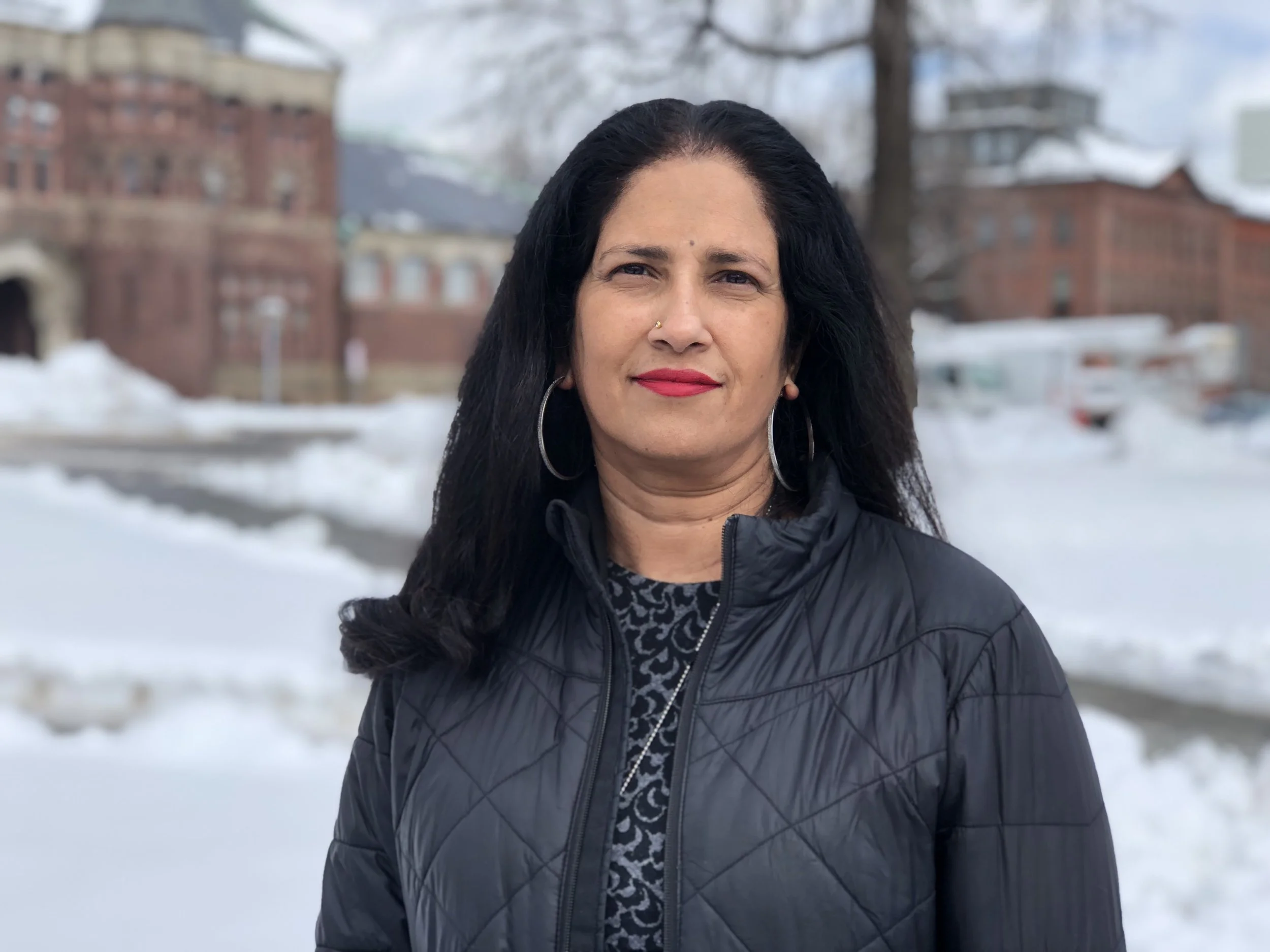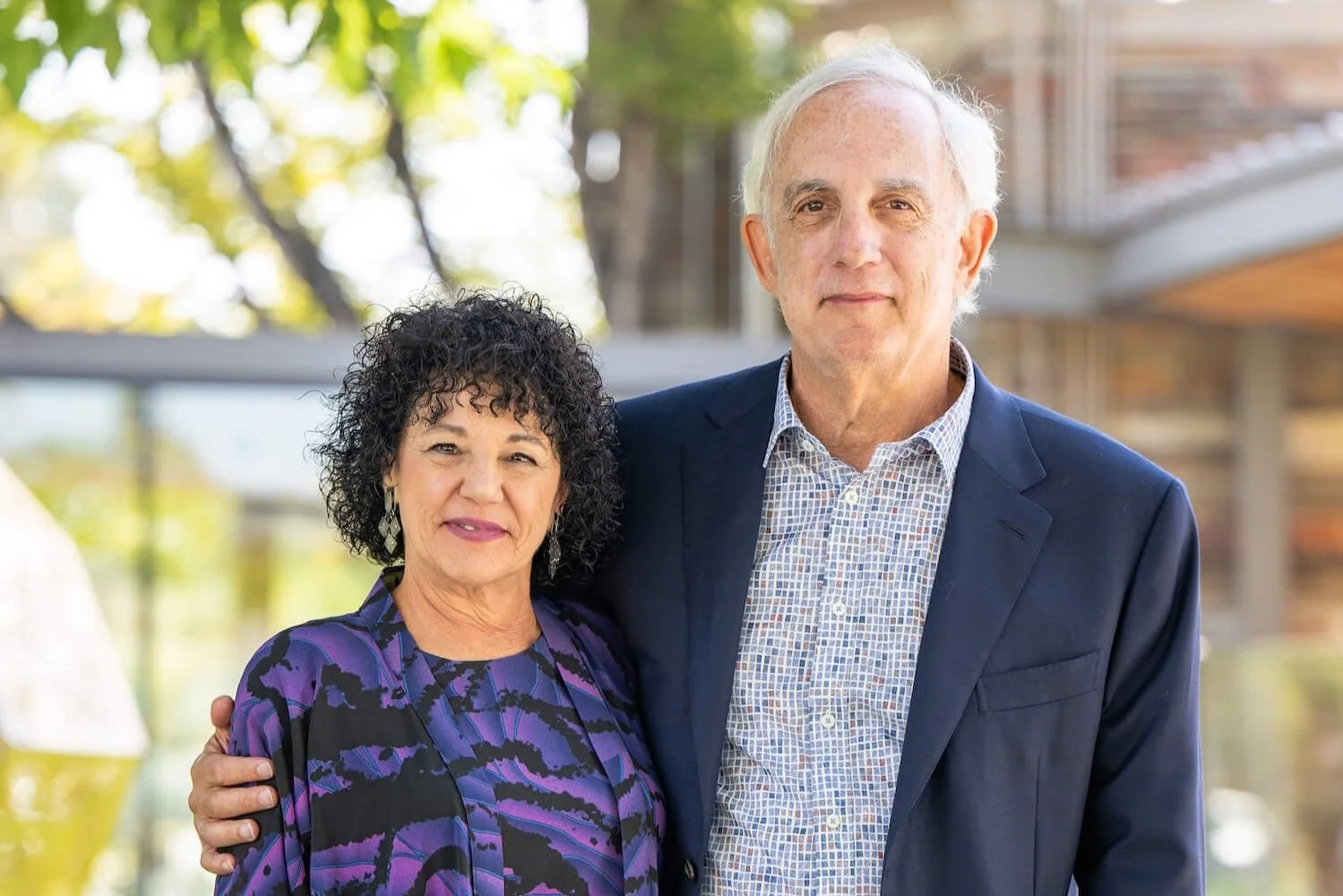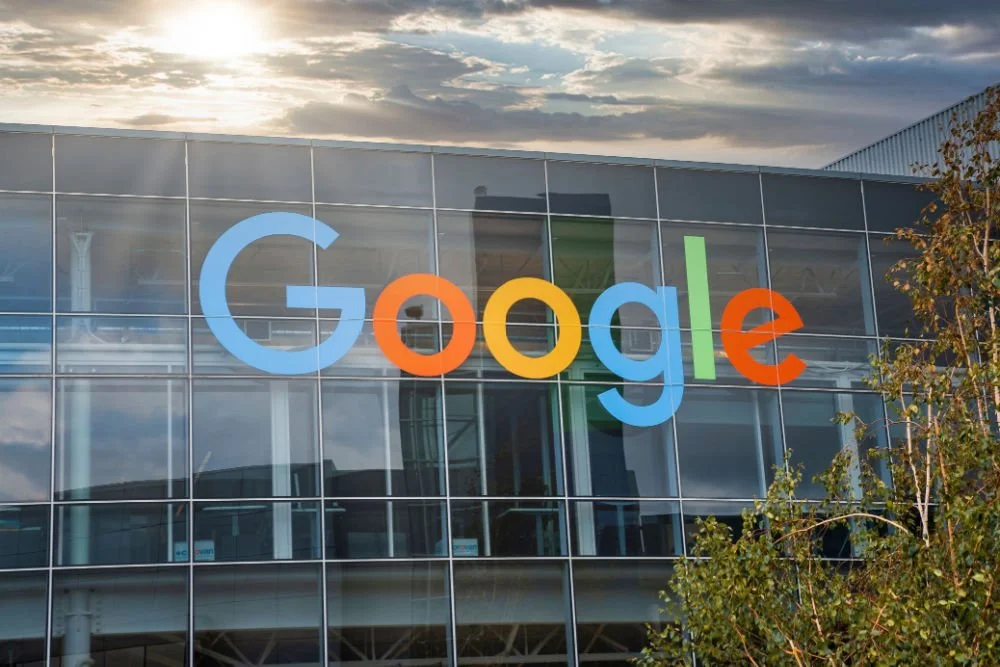What This New Foundation Says About Silicon Valley Giving
/Photo: Twinsterphoto/shutterstock
Editor's Note: This article was originally published on February 20, 2018.
We’ll say it again: Tech philanthropy is a really big deal and, in many ways, large-scale giving from this sector is just getting going.
For every tech winner who’s already launched a foundation, there are plenty of others still figuring things out. And while there’s ongoing debate about whether Silicon Valley philanthropists are really that different from other donors, past or present, one thing is crystal clear: A lot of new money will flow from wealthy techies to nonprofits in coming years.
Most recently, it’s Drew Houston and Arash Ferdowsi placing the bets.
The Dropbox co-founders just launched a foundation with an initial endowment of approximately $20 million to back organizations on the front lines of the global fight for human rights.
“As Dropbox continues to grow, we want to do more—especially for organizations that are fighting for equal opportunity, basic freedoms, and fundamental necessities for people around the world,” Houston and Ferdowsi said in a statement announcing the launch.
Human rights isn’t a cause that we’ve seen many Silicon Valley givers swing behind so far, but that’s one of the exciting things about watching the emergence of tech philanthropy—these people have wide interests and are shooting off in a growing array of directions—and some have seriously deep pockets. Many are also keen to do their giving differently than institutional grantmakers, even if their reputations as disruptors of philanthropy is overblown (as we've pointed out). In addition, tech donors often want to bring their business skills to bear on the problems they care about. Instead of seeing business as existing in one compartment and philanthropy in another, many younger donors are looking for ways to merge these two passions. (Houston is 34; Ferdowsi is 32.)
The Dropbox Foundation is a case in point. It will focus on promoting and protecting human rights by partnering with nonprofits in two main ways.
First, each foundation partner will receive unrestricted grants. An estimated three-quarters of all grants to nonprofits come with specific conditions for how those funds must be used. In contrast, the Dropbox Foundation will offer flexible, unrestricted grants that their partners can use to meet their greatest needs.
This is just the latest tech-backed foundation that’s made a point of giving general support, a cause long championed by foundation critics who believe that it’s counterproductive to nickel-and-dime nonprofits with project grants. It’s not surprising that tech donors would believe in general support, since that’s how money flows in their world: Venture capitalists invest in businesses as a whole. It'd be unthinkable for a Silicon Valley VC firm to provide only backing for, say, a start-up's engineering unit, while dictating that none of their money could bolster human resources. Yet foundations do this every day.
Second, the Dropbox Foundation’s partners will receive support from company employee volunteers with skills that match each organization’s needs, including financial modeling, improving data security, or recruiting talented employees.
Again, this is something we’ve seen a lot in tech philanthropy. Salesforce founder Marc Benioff is a leading pioneer of the idea that companies should mobilize all their resources—cash, people, product—behind the causes they care about. His so-called 1+1+1 model has strongly shaped the philanthropic norms of Silicon Valley. Hundreds of tech companies, including many start-ups with young founders, have now joined the Pledge 1 Percent campaign that Salesforce catalyzed to spread its model. While Dropbox is not one of those companies, it's not surprising to see it embrace Benioff's hands-on ethos as it embarks on its philanthropy.
Related: Taking the Pledge: Inside the Next Big Wave of Tech Philanthropy
The new Dropbox Foundation is jointly funded by the two co-founders and the company. It is overseen by a board that includes Dropbox’s chief operating officer, Dennis Woodside; the company’s general counsel, Bart Volkmer; and its vice president of policy, Amber Cottle. The board also includes four independent directors from the Silicon Valley Community Foundation.
The foundation’s initial group of partners for 2018 are: GOAL, based in Dublin, which responds to humanitarian crises and develops local capacity for the world’s poorest and most vulnerable populations; Larkin Street Youth Services, based in San Francisco, which supports at-risk youth with the resources they need to rebuild their lives, nurture their potential, and break the cycle of homelessness; War Child UK, based in London, which works with children affected by conflict; providing safe spaces, access to education and equipping them with skills for the future; and WITNESS, based in Brooklyn, which harnesses the power of video and technology to help global activists document human rights abuses and distribute their evidence in safe and ethical ways that lead to lasting change.
“These partners were selected because of their commitment, optimism and creative problem-solving,” Houston and Ferdowsi said. “Between them, they have more than a hundred years of combined experience defending human rights. We hope to help these partners expand their impact and learn from them along the way.”
We’ve already seen Dropbox join SF Gives, Tipping Point Community's initiative to build a coalition of at least 20 tech companies willing to contribute $500,000 to fighting poverty in the Bay Area. Spearheaded by Marc Benioff, the initial coalition also included Box, Dropbox, Google, IfOnly, Jawbone, LinkedIn, POPSUGAR and Zynga.
Drew Houston is also a supporter of GiveDirectly, among other causes.






















